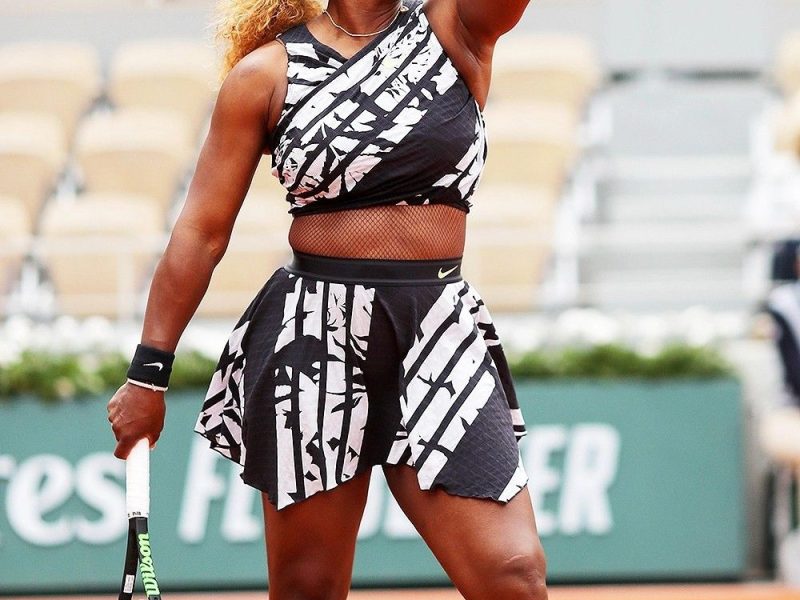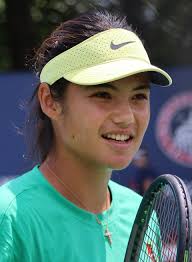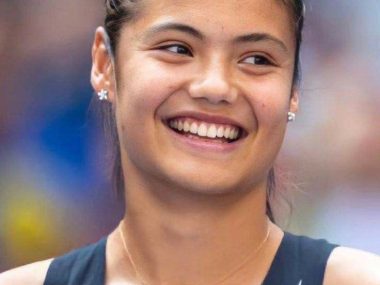When it comes to equal pay in sports, tennis often leads the way—and Venus and Serena Williams have been at the heart of that change. Tennis remains one of the few sports where men and women receive identical prize money at the most high-profile stage: the Grand Slams. Since 2007, all four majors—Wimbledon, the U.S. Open, the French Open, and the Australian Open—have awarded equal prize money, a milestone few other sports can claim.
Venus Williams has been key in driving that shift. In 2006, she published a bold essay in The Times, accusing Wimbledon of being “on the wrong side of history.” Her advocacy sparked political momentum and public pressure, prompting Wimbledon (and shortly after, Roland-Garros) to commit to parity in prize money. Her voice echoed beyond tennis, pushing global sport toward equity.
More recently, Venus reiterated her commitment: “That woman, we still have lots to fight for.” She emphasized that the fight for equality isn’t over—especially beyond the big events where disparities still linger.
Serena Williams also weighed in, offering a realistic yet hopeful perspective. She acknowledged that achieving pay equity across all women’s sports takes time, but she appreciated the growing recognition that women truly deserve the same opportunities—and rewards—as men.
Their comments arrived just as athletes in other sports ramp up their equality campaigns. WNBA players, for instance, wore “Pay us what you owe us” shirts ahead of their All-Stars Game, demanding a fairer share of league revenues—25% versus the NBA’s 50% split. And yet, many sports still fall far short compared to tennis, which stands out for actualized equity at its highest level.
Why this matters
Venus and Serena’s words remind us why equity in sport isn’t just statistical—it’s symbolic and inspiring. Their leadership shines a light on what’s possible when champions speak up and systems respond. It’s not always fast, but their legacy proves progress is possible.






